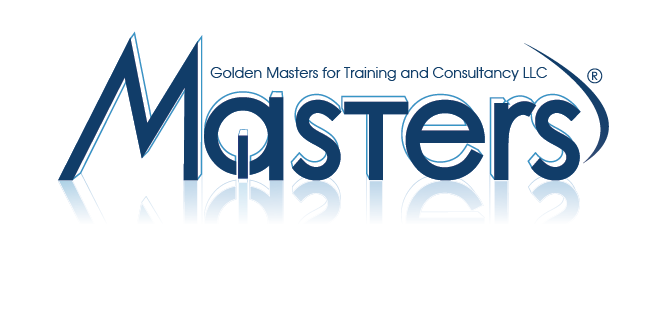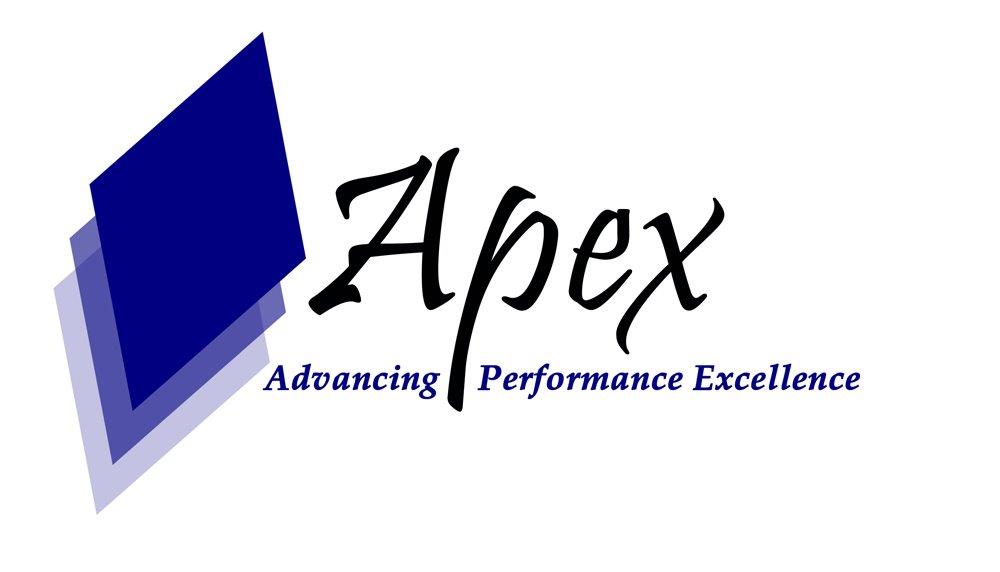Course Description
This five-day course is an intensive, intermediate level program for experienced mechanical equipment engineers to develop and expand their capabilities in monitoring and problem analysis of Turbomachinery.
This course focuses on defining the systems and subsystems that form the Turbomachinery, the potential problems with these systems and subsystems, monitoring techniques for early detection of problems, and methods to analyze the monitored variables to detect potential problems or reconstruct reasons for failures.
Maximum efficiency, reliability, and longevity of pumps, compressors, turbines, bearing and motors are of great concern to many industries. These objectives can only be achieved by understanding the characteristics, selection criteria, sizing calculations, sealing arrangements, common problems, troubleshooting, repairs techniques, preventive and predictive maintenance of those turbo-machineries.
This course is a MUST for anyone who is involved in the selection, calculations, sizing, applications, troubleshooting or maintenance of pumps, compressors, turbines, bearings or motors. It covers how this equipment operates and provides the guidelines and rules that must be followed for a successful application.
Their basic design, specification and selection criteria, sizing calculations as well as all maintenance issues including troubleshooting, vibration analysis, and used oil analysis are covered in detail.
This course is designed to provide delegates with a detailed and up-to-date overview of the fluid mechanic fundamentals and operating practice of pumps, compressors, turbines and motors. It will address aspects of both axial and centrifugal compressors. Upon the successful completion of this course, participants will have acquired the practical knowledge to enable them not only to choose the correct device for a particular application but also be in a position to resolve many commonly occurring operating problems.
This course is ideal for those personnel in the oil, gas, petrochemical, chemical, power and other process industries who require a wider and deeper appreciation of pumps, compressors, turbines and motors, including their design, performance and operation.
No prior knowledge of the topic is required. Participants will be taken through an intensive primer of turbo-machinery principles, using the minimum of mathematics, and will learn how to solve the many and varied practical industrial problems that are encountered
Overview:
Upon the successful completion of this course, each participant will be able to: Apply an up-to-date knowledge and skills of the latest technologies in industrial equipment and turbo machines including pumps, compressors, turbines and motors and apply systematic techniques on selection, sizing, application, operation, testing, troubleshooting and maintenance of turbo machinery.
Identify the various types of compressors, performance measurements and preventive maintenance illustrate the operation and characteristics of centrifugal and axial compressors as well as compressor systems calculations Define and categorize pumps and discuss centrifugal pump theory, general performance and basic components List types of bearing and explain statistical nature of bearing life.
Demonstrate viscosity of lubricants and oil analysis Describe viscosity of lubricants and oil analysis Describe the characteristics of induction motors including their speed control, maintenance, troubleshooting techniques and diagnostic testing for failures in three-phase stator windings Illustrate vibration instrumentation and analysis, the cause of vibration and predictive maintenance Implement the latest techniques and procedures of turbo-machinery maintenance and troubleshooting.
Recognize the root causes of machine failure like the vibration and employ the proper steps to troubleshoot anomalies Employ troubleshooting techniques in accordance with the turbo machinery API & ISO standards and specifications
Course Objective:
- How to evaluate turbine performance during startup and operation
- How to identify turbo machinery system components
- How to define and use appropriate monitoring techniques and tools
- How to utilize effective operation and shutdown procedures
- How to analyze common turbo machinery problems, such as vibration, temp/pressure operation and surge
- How to solve instrumentation and control problems
- Understand the inter-relationships of drivers, couplings, gearboxes, and driven equipment
- Installation techniques, equipment failures and different maintenance practices
Course Certificate:
Master’s certificate will be issued to all attendees completing minimum of 75% of the total tuition hours of the course.
OUTLINE:
Day 1
- Introduction
- Gas turbine machinery - general description
- Operating principles of gas turbines
- Key performance variables and means to monitor
Day2
- Components of Turbo machinery
- Major components of axial flow compressors
- Rotors blades, shafts, combustion chambers, nozzles
- Auxiliary systems: lube oil, seal oil, fuel, start-up, etc
Day 3
- Evaluation of turbine performance parameters during start-up and normal operation
- Troubleshooting control systems for gas turbines: start-up, speed and temperature controls, vibration
Day 4
- Principles of Operation
- Principles of operation and general components of compressors: rotors, seals, diaphragms, etc
- Operating characteristics curves
- Surging phenomenon
- Choking phenomenon
Day 5
- Shut Down
- Shutdown procedures
- Logging of monitoring checks
- Troubleshooting of Turbo Machinery





